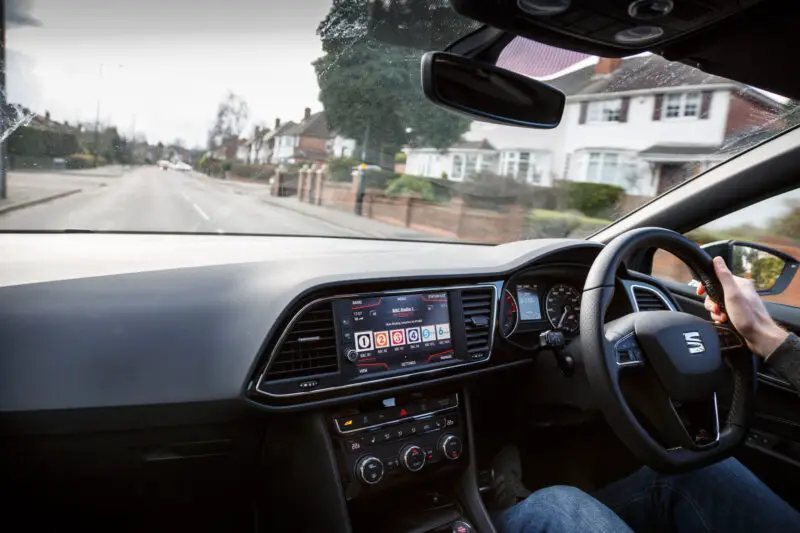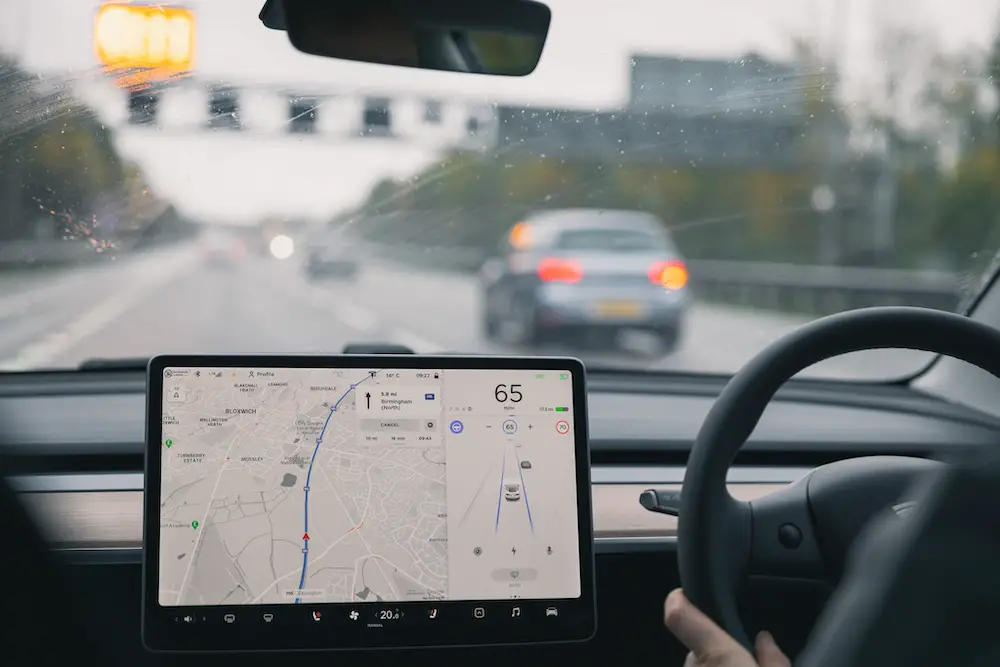The UK’s leading independent road safety charity has commissioned new research suggesting potentially millions of drivers are worried about driving on Britain’s roads.
When questioned about which roads motorists are most worried about driving on, 60 per cent declared they are worried about getting behind the wheel, in some form. With 40 million full driving licence holders in the UK, the charity’s sample size of 1,004 is concerningly, potentially representative of 24 million road users.

One particularly worrying area for drivers was smart motorways. A controversial topic regarding motorway safety, smart motorways have been much talked about from social media to the Houses of Parliament. There are regular questions about their safety as they use technology and active traffic management to control speed limits and lane management. Peak traffic times will result in ‘all-lane running’ stretches of road to ease congestion and the speed limit being lowered to 60 mph but it’s the lack of a hard shoulder which causes most concern.
Motorway Controversy
If drivers get into trouble, they are advised to move safely to the left and aim for the emergency refuge areas (laybys, essentially) that are placed at intervals along the side of the road. However, this can cause vehicles to be stranded in high-speed motorway traffic and relies on the lane closure being activated within good time to prevent any accidents. It also makes it difficult for emergency services to reach the scene as there is no dedicated lane from them to pass through freely.
As a result, 33 per cent of those surveyed were most worried about driving on smart motorways making them the type of road motorists feared driving on the most. This statistic is in stark contrast to the mere 6 per cent who had concerns of driving on traditional motorways with a hard shoulder.
Public Information Is Vital For Road Safety
Motorways are statistically safe and despite the high speeds and traffic density, account for far fewer casualties than urban or rural roads. Despite rural roads being responsible for the most road-related deaths, only 14 per cent of drivers stated that they found them cause for concern or worry.

The largest demographic from the study was ‘not worried/I don’t know’ with 40 per cent of drivers identifying as such and one-way streets and dual carriageways being the road types of least concern, with 3 and 4 per cent of the survey respectively.
Statistically Safe Yet Still Cause Concern
Neil Grieg, Director of Policy and Research at IAM RoadSmart said ‘We would encourage drivers to do all they can to re-educate themselves… on how to navigate the unique challenges and considerations each road type presents.’. With regards to smart motorways, Greig added: ‘while statistics may well show that smart motorways have fewer crashes than conventional motorways, our research shows that far too many drivers still don’t feel safe on them. Moving forward, it is vital that National Highways up their efforts to keep the public informed and continue to raise awareness of how to drive safely on smart motorways. It is also clear that awareness needs to be raised about the risks of rural roads. Far from being pleasant drive in the countryside, these are the type of roads which can punish mistakes with death and injury.’

